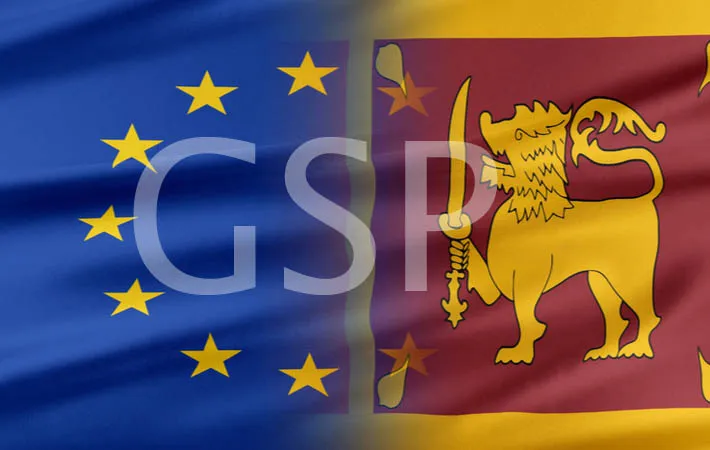As Sri Lanka navigates a challenging global trade environment, the apparel industry is intensifying efforts to retain preferential access to the European Union (EU) market under the Generalised Scheme of Preferences Plus (GSP+). Although Sri Lanka remains eligible for GSP+ benefits until 2027, the upcoming review cycle is anticipated to be more rigorous, with the EU demanding tangible evidence of progress beyond mere treaty ratifications.
The Imperative of GSP+ for Sri Lanka’s Economy

The GSP+ scheme has been instrumental in bolstering Sri Lanka’s export economy, particularly the apparel sector. The EU stands as Sri Lanka’s largest export market, accounting for approximately 31.6% of total exports, with apparel exports to the EU constituting around 42% of the sector’s total exports. The preferential tariff concessions under GSP+ have provided Sri Lankan products with a competitive edge, facilitating growth and employment in the export sector.
Evolving EU Criteria: From Commitments to Implementation
The European Commission has signaled a shift in its evaluation approach, emphasizing the need for beneficiary countries to demonstrate actual implementation of international conventions related to human rights, labor rights, environmental protection, and good governance. This move underscores the EU’s commitment to ensuring that trade preferences are aligned with tangible progress in these critical areas.
Industry’s Call for Proactive Policy Measures
Rajitha Jayasuriya, Chairperson of the Sri Lanka Apparel Exporters Association (SLAEA), has urged the government to undertake timely policy reforms to align with the EU’s evolving criteria. She emphasized that Sri Lanka’s reputation as a leader in ethical and sustainable apparel manufacturing must be upheld through concrete actions and policy commitments.
“Under the upcoming scheme, all beneficiary countries will be required to reapply, and the EU is expected to take a more rigorous approach, evaluating not just formal commitments, but also practical progress in aligning with evolving trade and governance standards,” Jayasuriya stated.
Historical Context: Lessons from Past GSP+ Withdrawal
Sri Lanka’s experience with the withdrawal of GSP+ benefits in 2010 serves as a cautionary tale. The loss of preferential access led to a decline in exports and competitiveness in key markets. Although the country regained GSP+ status in 2017, the period without these benefits highlighted the vulnerability of export sectors to policy and regulatory shifts.
The Path Forward: Collaborative Efforts and Strategic Planning
To safeguard GSP+ benefits, a collaborative approach involving government agencies, industry stakeholders, and civil society is essential. Key steps include:
- Policy Reforms: Implementing and demonstrating progress in areas such as human rights, labor laws, and environmental protection.
- Stakeholder Engagement: Ensuring consistent communication and coordination among policymakers, industry leaders, and international partners.
- Export Diversification: Reducing reliance on a narrow range of products and markets to enhance resilience against external shocks.Capacity Building: Investing in infrastructure, technology, and human capital to meet international standards and compliance requirements.
Conclusion
The impending EU GSP+ review presents both challenges and opportunities for Sri Lanka. By proactively addressing the EU’s enhanced criteria and reinforcing its commitment to ethical and sustainable practices, Sri Lanka can not only retain its preferential trade status but also strengthen its position in the global market. The apparel industry’s call for swift policy action underscores the urgency of aligning national strategies with international expectations to ensure continued economic growth and development.













